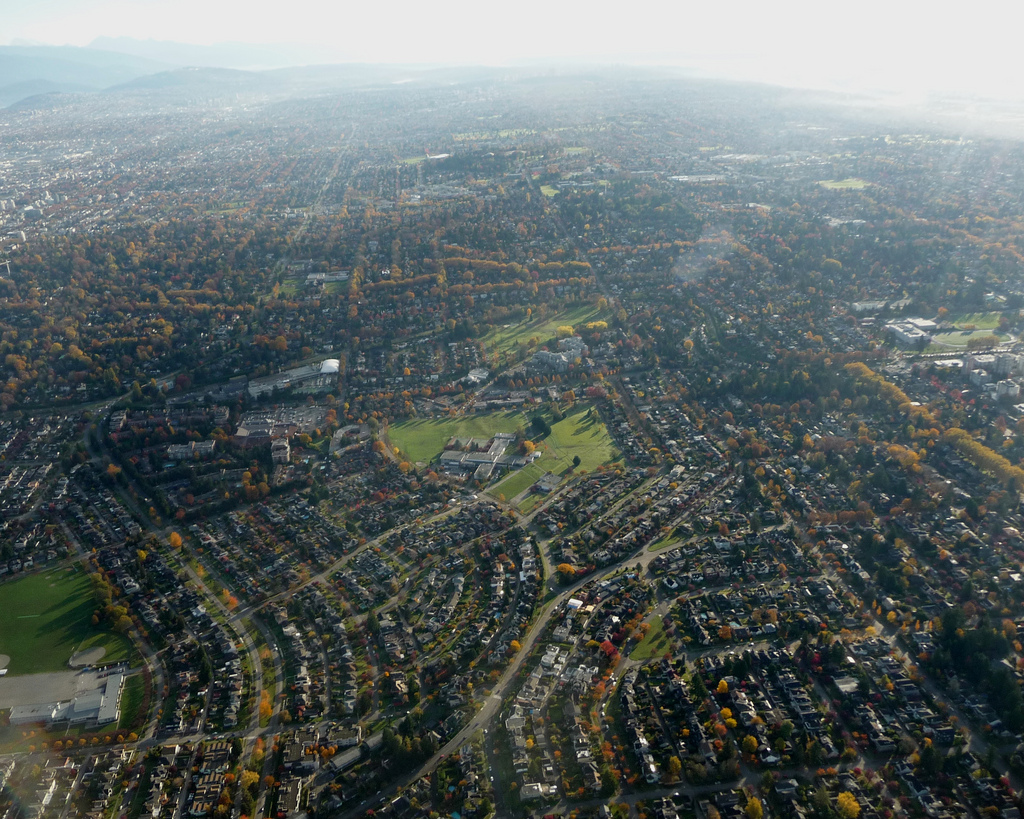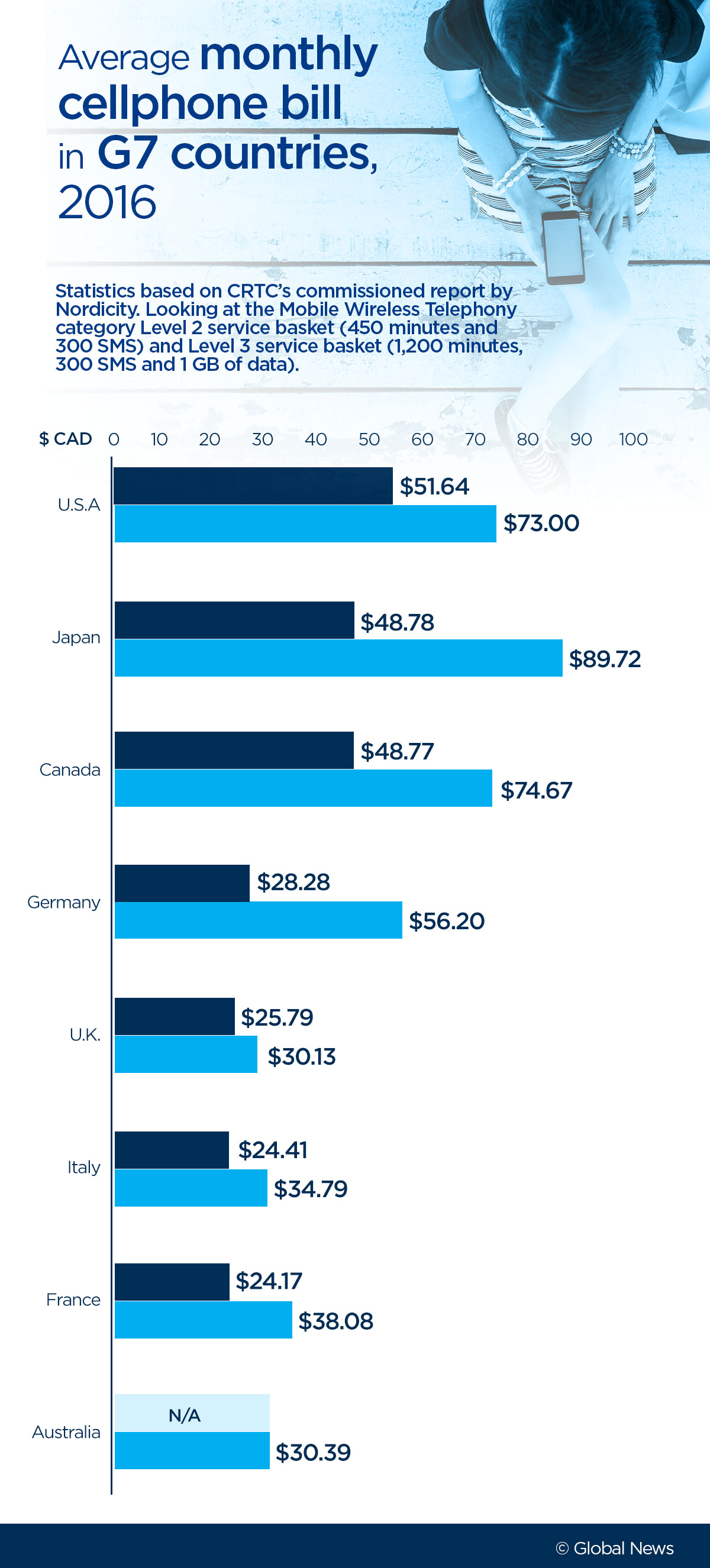Kerrisdale — it’s an affluent west side Vancouver neighbourhood with high-end shops and plots of land taken up by large, single-family homes.

But like numerous richer communities on Vancouver’s west side, it’s emptying out.
Coverage of Vancouver housing on Globalnews.ca:
The 2016 Census showed that the populations of Kerrisdale and other areas west of Granville Street fell by as much as 6.9 per cent since 2011.
That’s one reason why the neighbourhood, and other affluent parts like Dunbar and Arbutus Ridge, are being targeted by the city in an effort to increase the supply, and the type of home available for seniors, renters and families.
Here’s a map showing how population changed in Vancouver neighbourhoods from 2011 to 2016:
The city on Thursday unveiled Housing Vancouver, a strategy that aims to see 72,000 new homes built in the city over the next decade.
The strategy aims to see “right supply of housing” built in Vancouver, and it includes a goal to build 10,000 new homes such as townhouses, rowhouses and infills in richer areas like Kerrisdale.
Out of the 72,000 new homes, the city wants to see 47,900 of them serve as rental housing.
Within those homes, it wants 20,000 to be purpose-built market rentals, 11,900 to be rented condos and other secondary market rentals, and 12,000 be social and supportive housing.
The city has also set goals for housing production by income.
It wants 48 per cent of new housing (34,800 units) to go to people making less than $80,000 per year, and nine per cent (6.800) to go to people who make less than $30,000 per year.
“There’s some big moves here in the housing strategy that haven’t been done before,” said Gil Kelley, the City of Vancouver’s general manager of planning.
“In the last few years, most of the new housing production has been for strata and at fairly high levels, high prices, so we want to correct that through the 10-year strategy by focusing much more on rental supply.”
Housing Vancouver was described as “bold, with room for improvement” by Generation Squeeze, a group that speaks up for young people on issues such as housing prices.
UBC Professor Tom Davidoff believes there will be some winners and some losers with the announcement.
He said adding supply could help cool prices for buyers looking for townhomes and condos.
- Joffre Lakes to close for 3 periods this year under agreement with First Nations
- ‘Why aren’t we doing more?’ White Rock on edge with killer on the loose
- B.C. carjacking victim says she doesn’t trust the ‘catch-and-release’ system
- B.C. woman’s journey to sobriety highlights the need for drug treatment
“It’s fantastic for single-family home owners because the ability to build more square feet on a given piece of land obviously helps. For people who currently own duplexes, townhomes and condos, it could be somewhat more negative because of course if you build more type of unit, the price goes down.”
However he adds anybody looking for a single-family home should expect to pay more, with less expected to be on the market after the proposed zoning changes.
Meanwhile the director of UBC’s Cchool of Community and Regional Planning says the city needs some creative ideas to add housing units.
Penny Gurstein says density has to be handled appropriately to make sure the neighbourhood isn’t over capacity.
Generation Squeeze likes the city’s shift to building the “right kind of supply,” and efforts to tackle speculation that are also included in the strategy.
But it also said Housing Vancouver’s concept of “affordable” was “awfully expansive.”
READ MORE: B.C. has Canada’s worst-performing economy for younger generations: report
The group noted that the strategy sets $2,000 per month as a target rent for an “affordable” three-bedroom apartment — for that to be considered affordable, a household would need to earn $80,000 per year.
“That’s a problem, because the median household income in Vancouver is around $67,000,” the group said in a news release.
Generation Squeeze also noted that a run-up in the city’s housing prices has squeezed many residents, and created “lottery winners” who have seen their property values skyrocket — those people are speculators and investors, but they’re also the parents and grandparents of younger generations.
“The strategy should do a better job of acknowledging glaring generational and wealth inequities, and propose strategies to address them fairly at the municipal level, and in partnership with provincial and federal governments,” the group said.
With files from Kyle Benning
- Featured image via Flickr/Creative Commons Attribution 2.0 Generic Licence











Comments